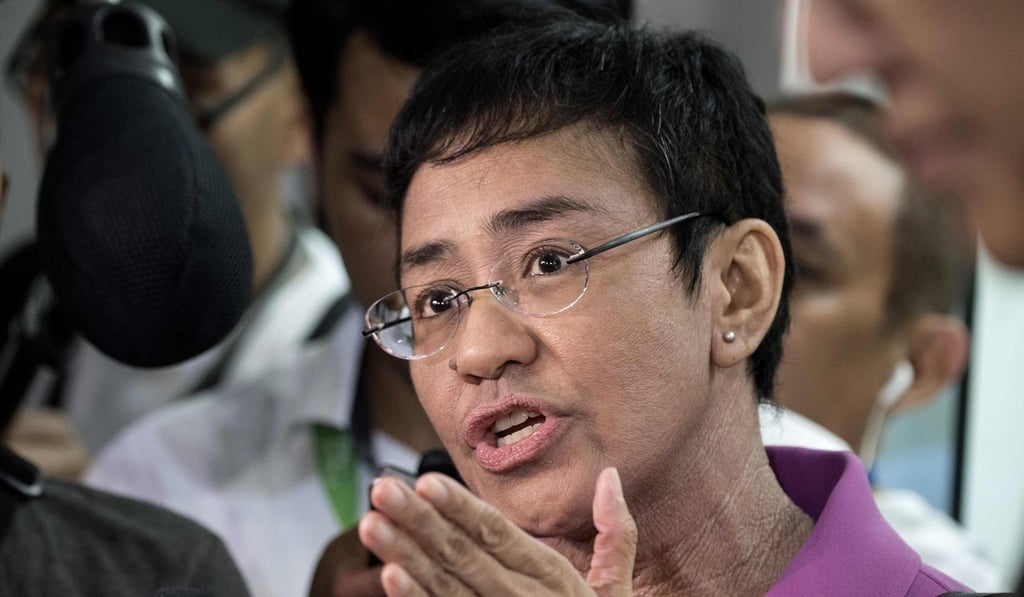Advertisement
Asian Angle | Duterte is the Putin of Asia. Maria Ressa is the proof
- Silencing the media, weaponising the law, building a macho personality cult: sound familiar?
- The Philippine leader has drawn heavily from the playbook of a man he once described as his ‘favourite hero’
Reading Time:3 minutes
Why you can trust SCMP

Every disruptive world leader fancies himself as a singularly authentic, historic figure without precedent. And Philippine President Rodrigo Duterte is arguably one of the defining figures of our time, the ultimate face of populism in Asia.
Yet even Duterte is not unique. If anything, his unvarnished style of governance draws heavily from a man he once described as his “favourite hero”: Vladimir Putin.
The Russian president is arguably the forefather of 21st century authoritarian populism, where the law is an instrument of power, civil society is increasingly deferential to the state, independent voices are emasculated, and elections are largely a ritual of legitimisation rather than democratic contestation.
Advertisement
And this is precisely the context within which one should understand the perfunctory arrest of veteran journalist Maria Ressa, arguably Duterte’s most prominent critic.

Advertisement
Ressa’s brainchild upended the media landscape in the Philippines and beyond, ushering in a disruptive fusion of mainstream and social media.
Advertisement
Select Voice
Select Speed
1.00x
